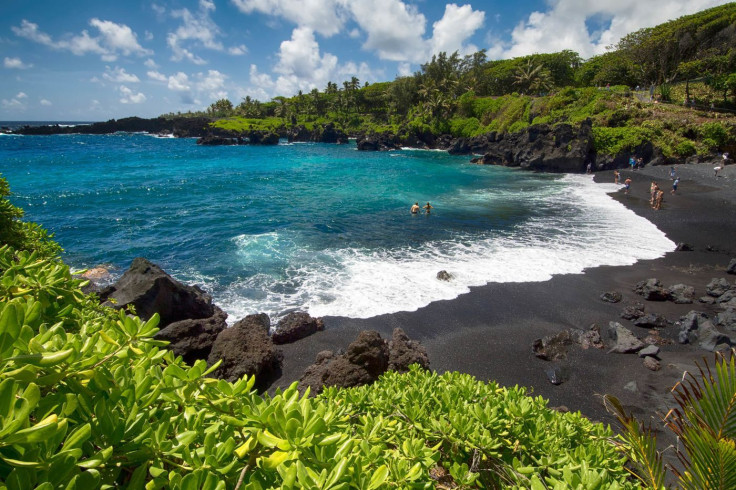Over the weekend, tensions between blockchain mogul Jonathan Yantis and the locals of Kapalua, Hawaii, reached a boiling point as hundreds of residents flocked outside his $24-million mansion to protest his allegedly unacceptable activities within the shoreline.
The battle between locals and the wealthy homeowner stemmed from a 7.66-acre property situated near a popular swimming destination in West Maui called the “Cliff House,” where locals used to swim, hang out and dive off cliffs, SFGate reported.
Since the tech millionaire purchased the idyllic oceanfront property in December 2020, Hawaii activists have been accusing Yantis of harassing them as he bars them access to the Kapalua shoreline.
“He’s trying to dictate what the public can do on our shoreline. He’s done things like removing a ladder at the base of the rocks where the Keiki used to get all the water after you jump off the cliffs. He’s hired private security to harass anyone playing music,” activist Kai Nishiki said per Hawaii News Now.
In defense, Yantis said he hired private security to reduce noise levels and curb underage drinking.
“All I want is just to stop the massive noise pollution,” he continued. “I guess it’s OK — but if it was in front of your house, what would you do?”
Previously, Yantis addressed the ladder rumpus, saying he had removed it due to an issue with permits on the property, adding leaving the ladder in place might also make him liable for any accidents.
At the time, the mogul also explained it never occurred to him that it would be a “big deal” for the locals, according to the Daily Beast.
However, in another interview, he told an activist, “Yes, the ladder, to be fair, was a form of intimidation because I didn’t know how to communicate to these 14-year-old kids.”
In recent months, the hotspot for the world's wealthy has been swarming with an additional hive of millionaires and moguls amid the COVID-19 pandemic.
In the first nine months of 2021, the U.S. state saw a significant rise in purchases after at least 64 lavish homes and swaths of land sold like hot cakes worth a combined $10 million. In 2020, a stark difference of at least 10 properties sold.
However, Nishiki slammed the trend, saying it is slowly robbing locals of access to the shorelines.
“Entitled, outside investors come here, throw their big-money influence around, and if no one does anything about it, then they get away with it,” he added.

© 2025 Latin Times. All rights reserved. Do not reproduce without permission.





